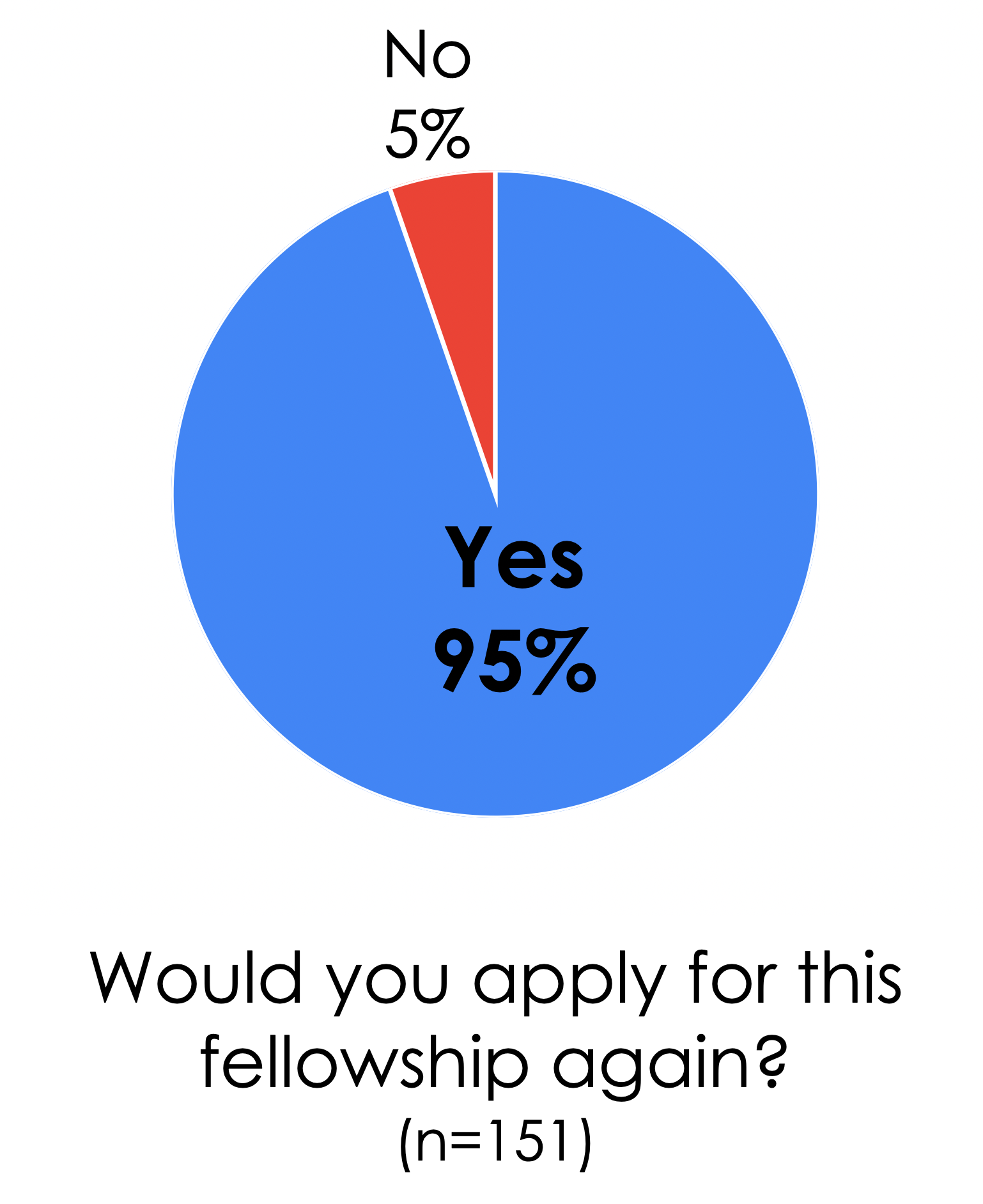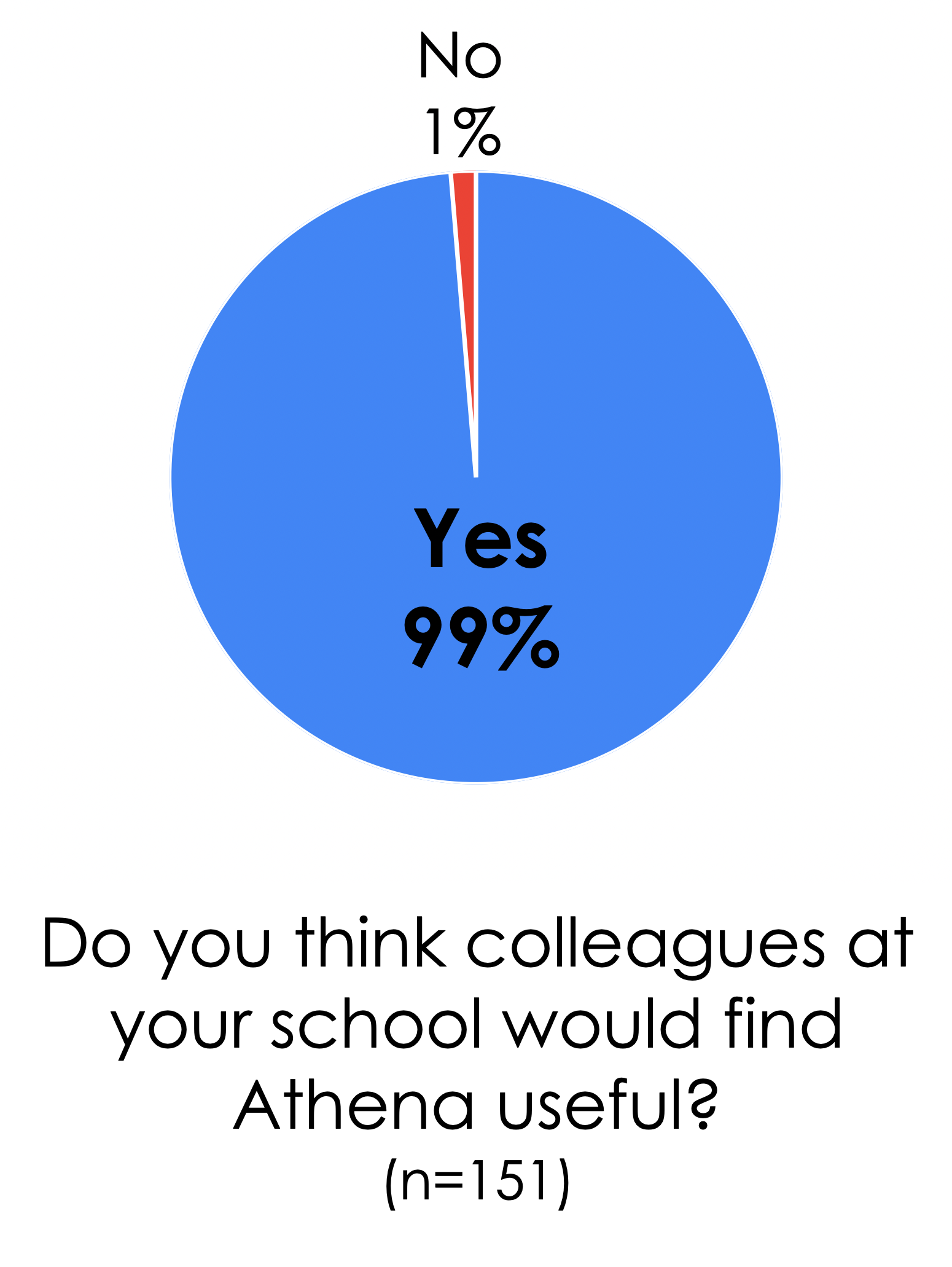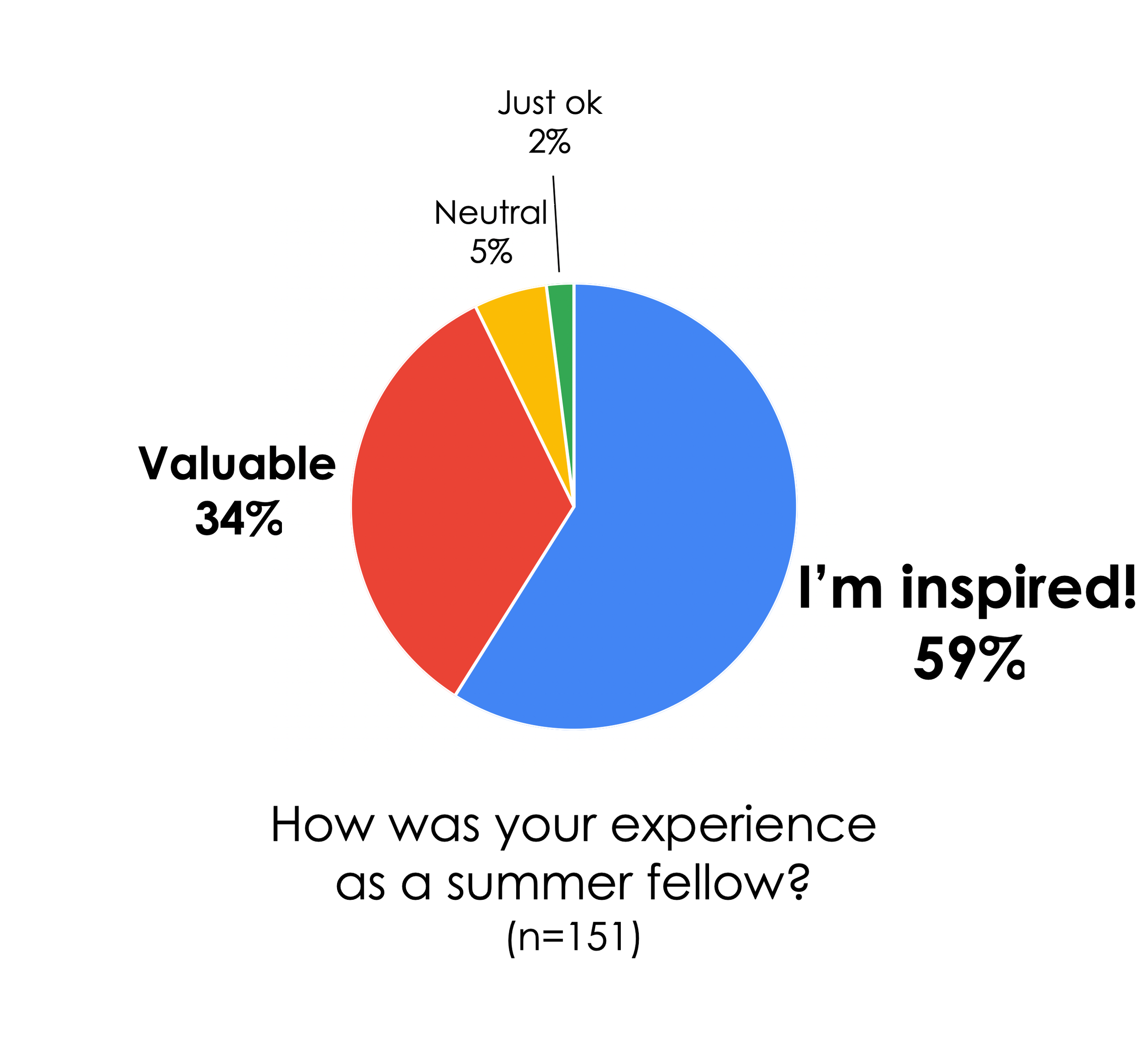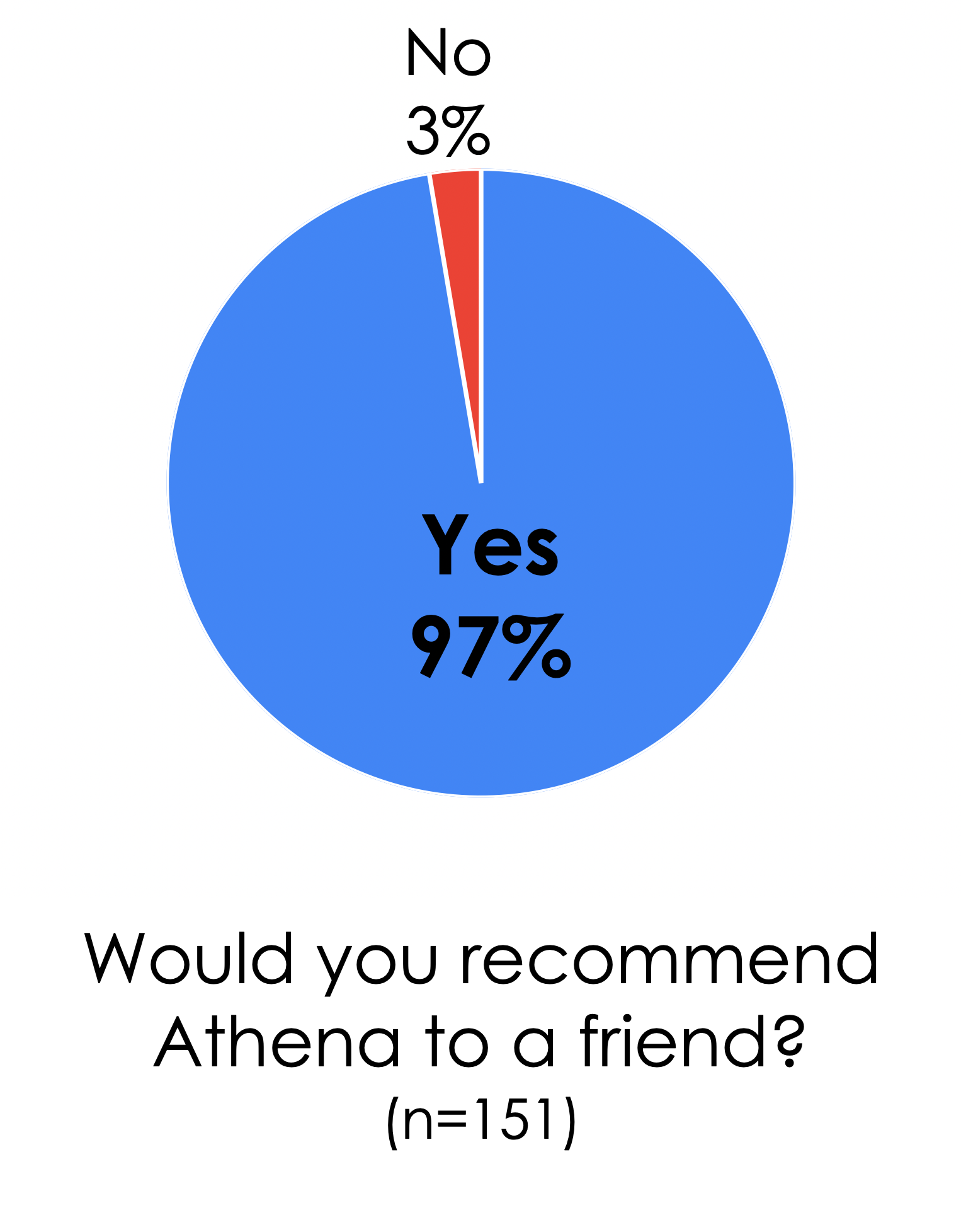Summer Fellowships
The Athena Summer Fellowship brings teachers together online from around the United States and the world for an asynchronous, six-week professional development experience. In Summer Fellowships, teachers commit at least 5-7 hours per week at their own schedule to developing curriculum, giving and receiving feedback with a cohort of ten other summer fellows, and finishing the summer with a critical mass of teaching & learning plans that have benefited from suggestions from ten other teachers.
Over 150 teachers from around the world and from over 100 schools have participated in the summer fellowship program. Topics for fellowships vary based on participant interest, and cohorts are formed around areas of shared interest, e.g. civil rights movements, how to integrate AI into the teaching of writing, teaching Shakespeare, and more.
Contact us for pricing on summer fellowships, school year workshops, annual memberships, and other professional development opportunities: info@teachathena.org.
Testimonials
“I haven’t had a more authentic and rewarding professional development experience as a teacher.” — Eric LaForest, Loomis Chaffee School (CT)
“It directed my energies into developing cohesive plans and identifying productive resources that I am proud to share with others.” — Cary Hurt, Grissom High School (AL)
“It’s been a great way for me to be thinking about curriculum over the summer… I’ve been much more connected to my teaching.” — Susannah Wales, Spence School (NY)
“I’m better prepared.” — Mario Herrera, Henry W. Grady High School (GA)
“Athena is the best experience I have had in terms of connecting with other teachers online.” — Delano Copprue, Deerfield Academy (MA)
“As someone with little background in this content, I felt like this site helped give me direction, whereas before I was wandering aimlessly.” — Audra Johnson, Hamilton High School (AZ)
“Unbelievable! It is just the best rabbit hole. How many hours did I just spend getting great ideas for future classes and refining my own material to make my existing classes better?!” — Bettina Morrish, Sayre School (KY)
Research-backed professional development
Athena is built around research -- both formal and informal. On the one hand, formal, large scale, high cost, variable-controlled studies from Academia have dominated public understanding of what works. This research is valuable but generally not applicable in the classroom which has more variables than any study can control. Learning about this work is nonetheless one important kind of professional development.
Additionally, practitioner experience -- which includes iterative experimentation in the classroom -- has created a body of professional knowledge that is known by teachers to drive student success. This practitioner research is passed on from teacher to teacher and, particularly in the context of the emerging field of improvement science, is increasingly accepted as serious research.
Both of these inform how Athena works. Athena is built both to support customizing practices that academic research has identified as effective, and also to enable educators to gather and refine professional knowledge.
Key studies and texts that inform this work
Atkins, D., Bennett, J., Brown, J., Chopra, A., Dede, C., Fishman, B., Gomez, L., Williams, B., (20 1 0). Transforming American Education: Learning powered by technology (National Educational Technology Plan 2010). U.S. Department of Education: Office of Educational Technology. Washington, DC: U.S. Government Printing Office.
Bill & Melinda Gates Foundation (2014). Teachers Know Best: Teachers' views on professional development. Retrieved October 1, 2015, from: http://collegeready.gatesfoundation.org/wp-content/uploads/2015/04/Gates-PDMarketResearch-Dec5.pdf
Bryk, A. S., Gomez, L. M., Grunow, A., & LeMahieu, P. G., (2015). Learning to Improve: How America's schools can get better at getting better. Harvard Education Press.
Hiebert, J., & Morris, Anne K., (2012). Teaching, rather than teachers, as a path toward improving Classroom Instruction. Journal of Teacher Education, 63(2) 92-102.
Hiebert, J., Gallimore, R., & Stigler, J. W. (2002). A knowledge base for the teaching profession: What would it look like and how can we get one? Educational Researcher, 31(5), 3-15.
Kaplan, C., Chan, R,. Farbman, D. A., & Novoryta, A., (2014). Time for Teachers: Leveraging expanded time to strengthen instruction and empower teachers. Retrieved September 19, 2015, from: http://www.joycefdn.org/assets/1/7/Time_for_Teachers_(FINAL).pdf
Morris, A. K., & Hiebert, J. (2011). Creating shared instructional products: An alternative approach to improving teaching. Educational Researcher, 40, 5-14.
National Center for Literacy Education. (2013). Remodeling literacy learning: Making room for what works. Urbana, IL: National Center for Literacy Education & National Council of Teachers of English.
Smith, T., Ingersoll, R. (2004). "What are the Effects of Induction and Mentoring on Beginning Teacher Turnover?" American Educational Research Journal, 41 (2).
U.S. Department of Education, Office of Educational Technology (2015). Ed Tech Developer's Guide. Retrieved August 5, 2015, from: http://tech.ed.gov/files/2015/04/Developer-Toolkit.pdf
U.S. Department of Education, Office of Educational Technology (2014). Exploratory Research on Designing Online Communities of Practice for Educators to Create Value. Retrieved August 5, 2015, from: https://tech.ed.gov/wp-content/uploads/2014/10/Exploratory-Research-on-Designing-Online-Communities-FINAL.pdf
U.S. Department of Education, Office of Educational Technology (2014). The Future Ready District: Professional learning through online communities of practice and social networks to drive continuous improvement. Retrieved August 5, 2015, from: https://tech.ed.gov/wp-content/uploads/2014/11/Section7-FutureReadyDistrictBrief-Final.pdf
Wei, R. C., Darling-Hammond, L., Andree, A., Richardson, N., & Orphanos, S. (2009). Professional learning in the learning profession: A status report on teacher development in the United States and abroad. Dallas, TX. National Staff Development Council.
Wei, R. C., Darling-Hammond, L., and Adamson, F. (2010). Professional development in the United States: Trends and challenges. Dallas, TX. National Staff Development Council.
Yoon, K. S., Duncan, T. Lee, S. W.-Y., Scarloss, B., & Shapley, K. (2007). Reviewing the evidence on how teacher professional development affects student achievement (Issues & Answers Report, REL 2007-No. 033). Washington, DC: U.S. Department of Education, institute of Education Sciences, National Center for Education Evaluation and Regional Assistance, Regional Educational Laboratory Southwest. Retrieved from http://ies.ed.gov/ncee/edlabs





